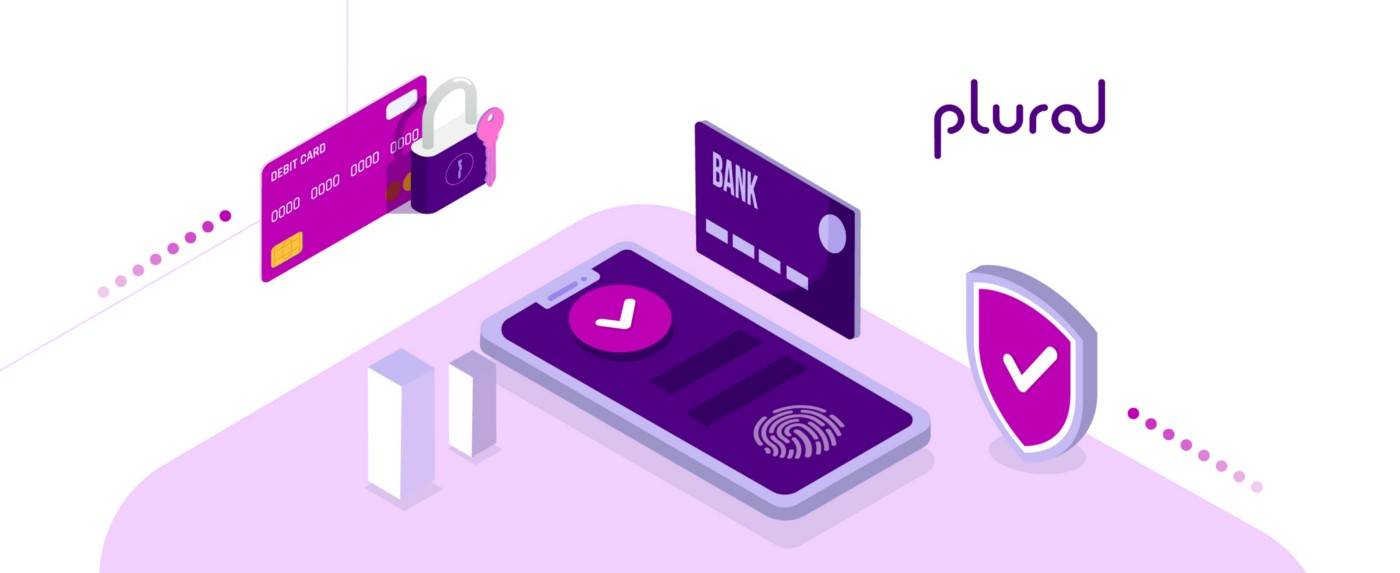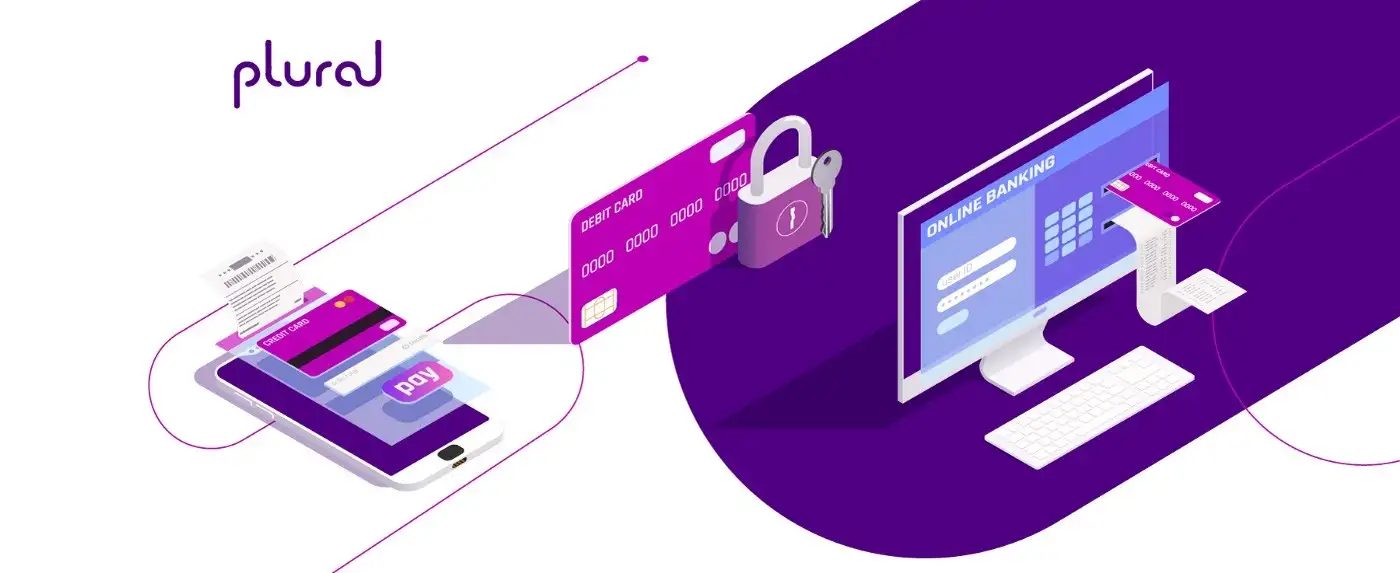The BFSI sector in India has recorded tremendous growth in the current financial year (ending March ’24). According to the India Brand Equity Foundation, the BFSI bracket in India is led predominantly by the banking sector, which accounts for more than 64% of the total assets held by the financial system in the country.
There is no doubt that BFSI forms the foundation of India’s economic growth. With that said, the country faces a primary challenge on its way to releasing the full potential of BFSI – the challenge of facilitating a secure and privacy-respecting infrastructure for digital BFSI payments.
In order to provide customers with modernised payment solutions through modern banking, businesses need innovative technologies that establish seamless integration between BFSI services, payments, and modern banking.
The BFSI payment ecosystem
The past few years have been extremely good for the BFSI sector in India, marking notable growth in private wealth and insurance markets. Data shows that by 2027, India will have 16.75 lakh HNWIs, making India the fourth-largest private wealth market in the world.
Additionally, the insurance market is estimated to achieve a value of $250 billion by 2025.
Payment channels and their security play a crucial role in facilitating the proliferation and access of these services to the masses. Modernised payment solutions like UPI are on track to achieve for India what the traditional banking system could not – democratisation and accessibility of BFSI services.
Where only bank account holders could write cheques or conclude transactions. Innovations like UPI have enabled even a non-account holder to have a financial management system in place. Data shows that UPI transactions crossed 11.23 billion in November of 2023, marking a new milestone in the digital payments journey.
UPIs, however, have also brought forth a staggering payment convenience that has raised the benchmark of customer expectations. The modern customer now expects secure and private payment channels and gateways for accessing their financial services, which businesses can facilitate through innovation and tech partnerships.
Why the urgent need for modernisation?
Modern banking solutions require a robust backbone for operationalising smooth payments that are secure and private. The BFSI sector in India already recognises the need to modernise payments according to reports: the BFSI and ITeS sectors have been recognised as the leading spenders on cybersecurity in the country.
Especially in the light of cyberattacks that occur through email or phishing, customer data is at risk of compromise when transmitted over unsecured networks or gateways. This highlights the necessity to partner with innovative digital solutions providers to set up an impregnable infrastructure for digital payment security.
Furthermore, traditional or legacy computing systems are fraught with data siloes that hinder streamlined communication between various enterprise systems. It negatively impacts the processing efficiency of the payment mechanism, in addition to increasing the response latencies, putting user data at further risk of cyberattacks.
The downstream challenges of stunted communication between ERPs also result in inaccuracies in reconciliation, delays in transactions, and even curtailment of the payment options available to the end user.
Considering the non-ideal picture of customer experience that these challenges create, it is necessary to replace legacy BFSI payment mechanisms with a modernised, streamlined process that integrates well with modern banking.
The state of modern banking systems
Modern banking is the digital method of leveraging banking services through dedicated apps, passwords, and user IDs. Modern banking has evolved drastically to keep up with customer expectations since the onset of the digital revolution.
APIs facilitate the integration of banking and financial services and functions into third party apps to further enhance customer experience by providing ancillary or supplemental services.
This is where businesses can extract tremendous value from BFSI and modern banking integration. APIs don’t just enable customised plug-and-play capabilities but also facilitate the creation of innovative features like:
- Real-time processing of transactions.
- Enhanced data security using blockchains.
- Single Sign On security for accessing profiles on associated platforms.
Additionally, modern banking architecture augments the capabilities of BFSI payments with its inbuilt benefits:
- Cloud-based deployment to keep the operations and repositories centralised.
- Leveraging microservices to streamline offerings, enabling customers to pick and choose financial offerings according to their preferences.
- Resilience to cater to dynamic customer demands at a moment’s notice.
- Empowering customers to leverage self-service by providing robust platforms and secure transactions fortified using modern security encryptions and techniques.
Businesses can further benefit from reducing the workload on the human workforce by leveraging chatbots and other similar self-service customer modules.
Best practices for successful integrations
BFSI and modern banking integration depend on certain best practices using which businesses can generate great value:
Selecting the right technology partner
API-based integrations are best managed by technology partners who understand the lay of the land and work with industry-standard processes. It is best to select a tech partner from the first base and include them in all discussions pertaining to the integration to have the best results.
Strategy
Integration strategies lay down the blueprint of the customised plugging-in operation, establishing clarity and transparency in the whole process. The tech partners leverage the protocols, policies, and specifications mentioned in the blueprint to integrate the platforms.
Compliance
Even more important than achieving robust integrations is ensuring that the businesses remain compliant with the prevailing regulations, laws, mandates and other compliance requirements in the region. There are automated tools in the market to automate compliance that you can leverage.
In the end, it is important to understand that compliance isn’t a once-and-done thing – the plugs you create remain in operation until the time your platforms remain in use. As such, it is crucial to implement it properly with the help of the right technology partners.
Conclusion
The BFSI sector in India displays an upward trend, which necessitates the requirement for modern payment solutions that give a competitive advantage to businesses. The modernisation exercise that includes streamlining payment integrations should, therefore, be on the high-priorities list, including cybersecurity.
For establishing robust connections between modern banking and BFSI apps, we at Plural, have partnered with Setu, a platform to create customer financial journeys. If you’re in the BFSI sector, it’s time to supercharge functions such as onboarding, underwriting, loan disbursal and collections. Unlock growth with the combined power of Plural and Setu for your business
Setu by Pine labs helps businesses get the capability to set up onboarding, payment processing, BBPS, and much more as a part of their offerings. The platform offers clear API documentation, a full-fledged sandbox and the best industry uptimes as a bonus.
If you’re a business in the BFSI sector, make sure to check out SETU and Plural to unleash your payment potential today.



